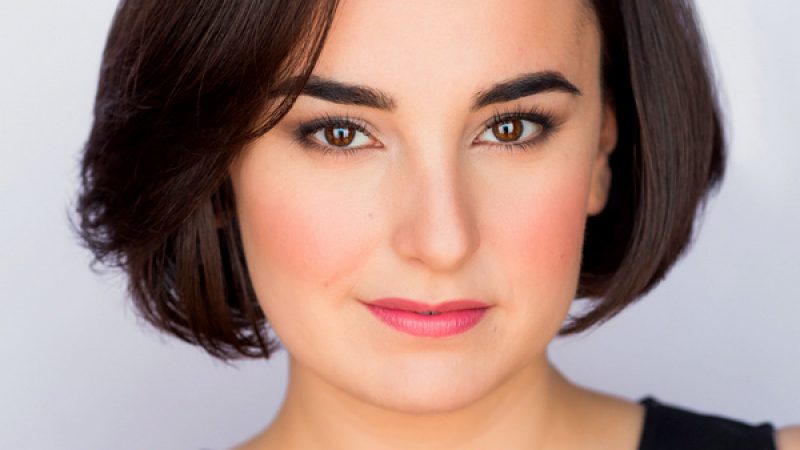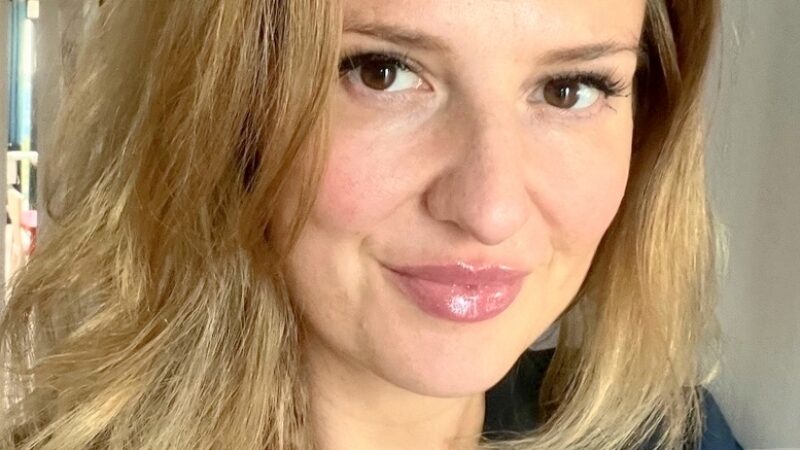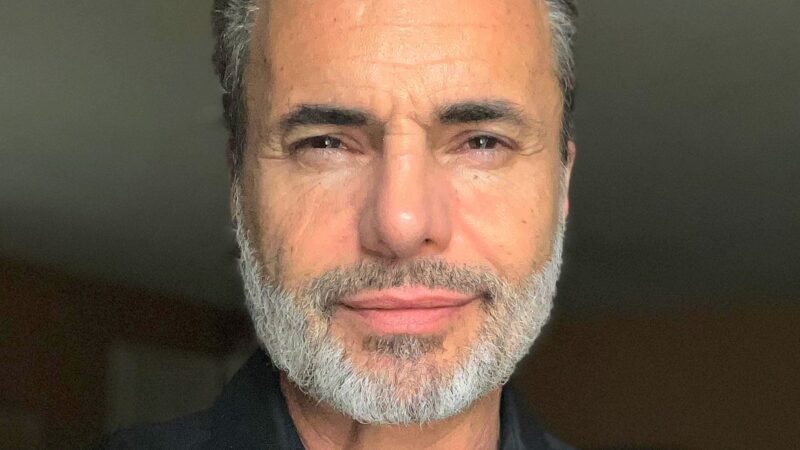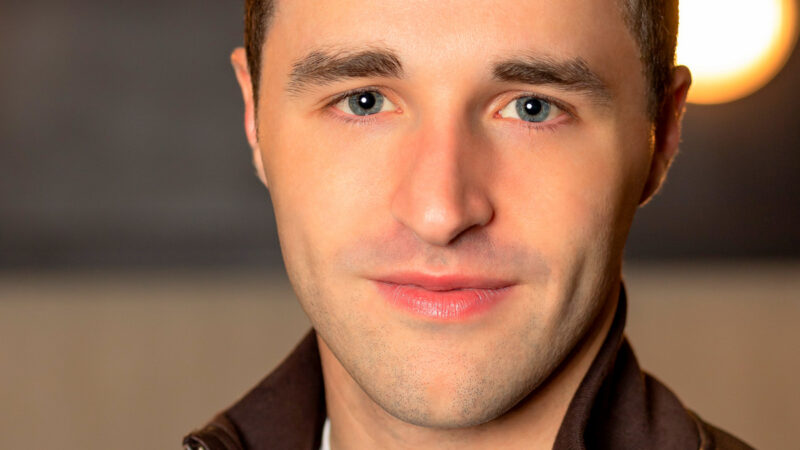An 11 year old searches for a missing rare book from her grandmother’s library
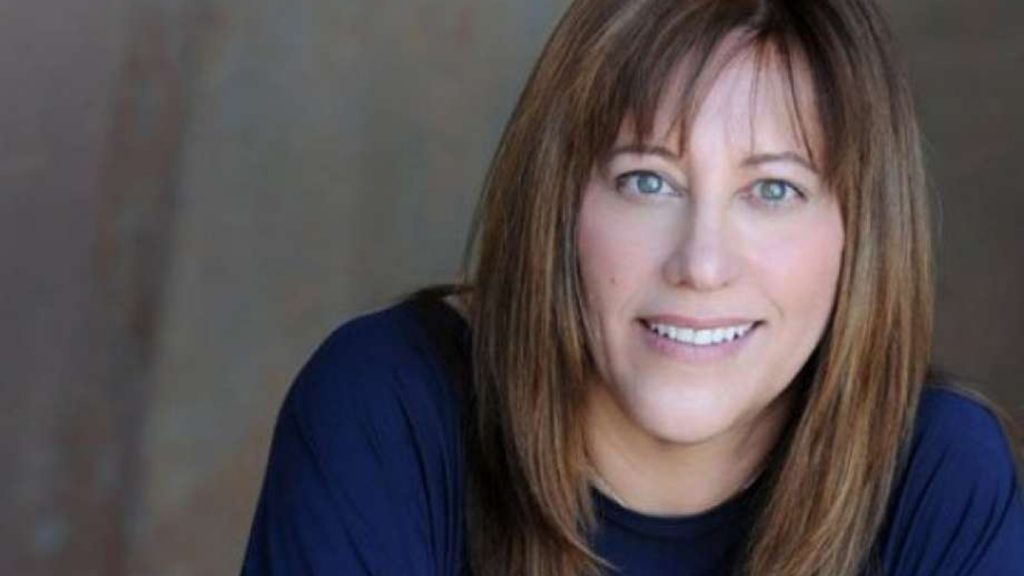
Amy Glazer is the director of Kepler’s Dream and a Theatre/Film Professor at San Jose State University. Though best known as a theatre director, with a long line of credits that includes The Understudy, The Model Apartment, The God of Hell, My Old Lady, Froze and The Music Lesson, Amy Glazer’s quickly – and some might say, quietly – making huge waves in film. With several films already under her belt, including Ball Lightning, Drifting Elegant and Seducing Charlie Barker and a fourth, Kepler’s Dream, due for release December 1, someone’s IMDB starmeter is on the verge of skyrocketing.
Distributed by Leomark Studios, Kepler’s Dream tells of an 11 year old (Isabella Blake-Thomas) who searches for a missing rare book from her grandmother’s (Holland Taylor) library and tries to understand why her family is fractured the way it is during a memorable summer at an isolated New Mexico adobe. While her mother (Kelly Lynch), like astronaut Michael Collins, goes to the dark side of the moon for a leukaemia treatment, Ella must journey on her own to the strange moon of her grandmother’s world. Ella’s father, (Sean Patrick Flanery) orbits his daughter, as Ella befriends Miguel and Rosie to find acceptance of her mother’s fate.
The Official Trailer for Kepler’s Dream (2017)
indieactivity: How did Kepler’s Dream come to you?
Amy Glazer (AG): I came to it. The writer, Sylvia Brownrigg, and I would hike in the Oakland hills together, and so when the book came out, I felt both compelled to read it as a friend, but also curious to read it. I had read her adult fiction and wondered who this character was and what this Y/A story would be like. I was on sabbatical from the University to research and find my next film project. I had just returned from a New York trip where I’d seen a couple of plays I was considering adapting.
And so before our hike, I hunkered into my reading chair and opened this young adult book, and channel the young adult in me. I was transported. I was Ella and I watched the movie unfold as I read along. And I pretty much knew, at that moment, that this was going to be my next project. When I met up with Sylvia for our hike, my eyes were still red from crying. It really touched something in me, and I wanted to translate that emotionally and visually into a story for all the quirky girls and boys to whom bad things inadvertently, sometimes happen.
As adaptation, I think it’s a balance of being faithful to the book and doing what works best for the film?
Amy Glazer (AG): It is definitely a balancing act. I wanted to preserve the essence of the book and of Sylvia’s writing, but I also wanted to show more and tell less. So I began by taking the book and pasting all the dialogue and all the actual scenes together in a screenplay format, and then from there I started building other scenes, rearranging, adding and subtracting. It was an odd process, my other two features were adapted from plays that were text driven, but the novel lives so much in the interior world of a character, so finding opportunities to reveal the character through behavior is challenging. But also we had her letters, which enabled us to use voiceover to some extent as a way of revealing her various states of being. Then in the editing process those pieces shift around some more… And that again shifts, to some extent, tone, POV and even story.
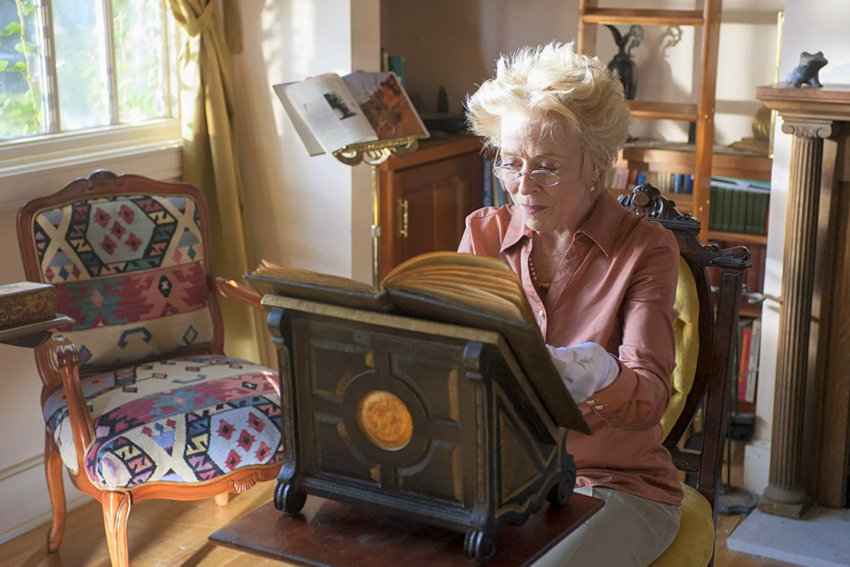
Are you able to put your own stamp on something that’s written by someone else?
Amy Glazer (AG): Absolutely. As a theater director I do that all the time. I like to think of myself as a chameleon. I change colors to match and embody the world, characters and story I’m telling. I can’t begin to direct something that I don’t have a personal hook and connection to, and then, instinctively and inadvertently, as I interpret the material, I put my stamp on it and bring my sensibility to it – through the power of empathy and the magic “IF” (if I were…) I embody the work as I translate and interpret it. And then at the same time I tried to stay true to the spirit that drew me to this story… all the while looking for opportunities to reveal the plot through visual storytelling, character behavior and montage.
I ultimately created scenes that are inspired by things other than the source material. But, at the same time they reveal more and different aspects of the source material. Hopefully those choices add to the overall tapestry of the story. For example the scene where Ella cuts her hair is something I took from my goddaughter. The act of sacrificing something felt mythological. It was part of Ella’s magical thinking and starts her on this journey. That was from my sensibility, my intuition. But at the same time it felt consistent with her character. It helped to support our connection to her and to her POV. At one point GM says to Ella “Over my dead body.” Which is something my mother use to say. Whenever I hear that line I have to laugh, because it is more Zelda Glazer then GM!
During production, what scene (that made the cut) was the hardest to get through?
Amy Glazer (AG): When we cut Isabella’s hair (Ella) that was excruciatingly hard. Because, I knew it was hard for her. She was a tender 11-year-old girl actress who had never cut her hair. She had said she was willing to do so for the role. And, I decided, since we needed shots of her before she cuts her hair, to do it live. She was crying. I was crying… her mother was crying. But the new haircut was very fetching and we got some beautiful shots. It was important to me to have that begin her journey. That ritual, that magical thinking that would protect her mother while she was away. I’m very proud of that scene and of Isabella’s bravery and willingness to say yes.
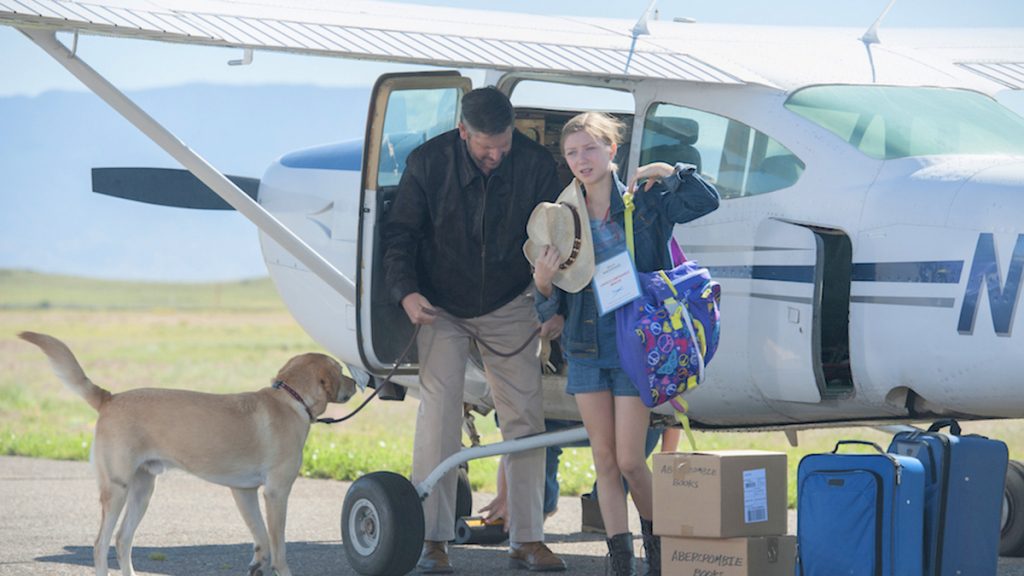
Do you find you gravitate towards material like this more than projects of another genre?
Amy Glazer (AG): As a parent, and as a member of the small but sweet family. Those themes resonated quite a bit with me. I believe that family secrets are dangerous and unnecessary. I believe it takes a village to raise a child to be fiercely independent and kind and curious. I believe there are unexpected “angels” we meet as we struggle to raise families and make a living and survive. People who exhibit so much generosity of spirit. And whose small acts of kindness can make all the difference in the world. That comforts me, and my intent was to comfort children with this story.
Maybe as I’ve gotten older I have gotten a bit more sentimental. But I am also very drawn to satirical material and less to plot driven material. I’m more interested in character driven pieces. For me character is everything – it is destiny, and if I come across an intriguing character, the story often follows.
How much did you push your actors? Did any of them need more of a nudge than others to go deeper?
Amy Glazer (AG): Not really. I was grateful to have an amazing cast of talented, professional actors. As a director you are always nudging, shifting, reminding, encouraging your actors. But they all so clearly understood and embodied their characters. They all had read the book, so it was a very rewarding and satisfying collaboration. Working with the actors was most definitely the highlight of this entire experience. As challenging as it was with such an intense and short shooting schedule. Scheduling conflicts were always forcing us to always out of sequence. And, volatile weather patterns, working with this brilliant (across the board) cast of actors was sublime.
If you had to do Kepler’s Dream all over, would you do it the same?
Amy Glazer (AG): I think there will always be things I would do differently. And, choices I would not have made. But, the essence of what I was going for, especially in casting and location, I would have done the same.
Let’s have your comments on Amy Glazer interview or on Facebook, Instagram or Twitter
Socials
Website
IMDb
Instagram
FILMMAKER INTERVIEWS
Anna Frankl-Duval Unravels Her Career in Film
The New York Based Actress and Singer Discusses Musical Theatre, Plays and Film


